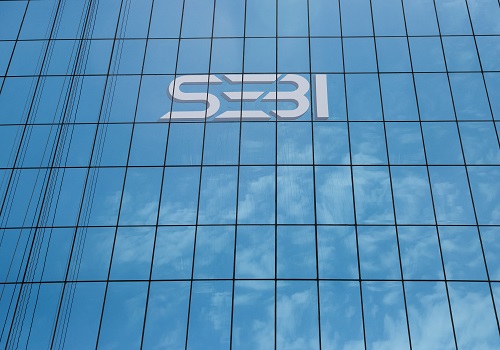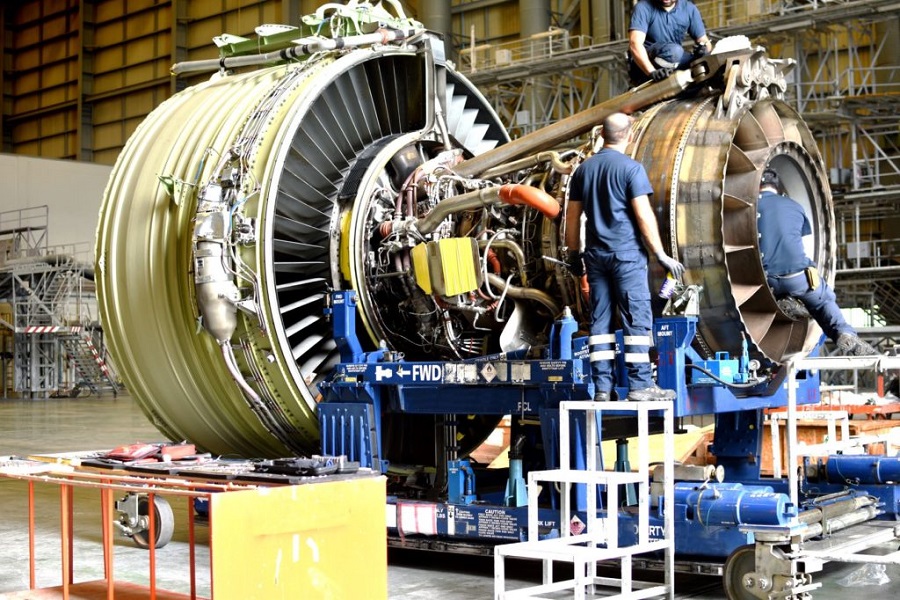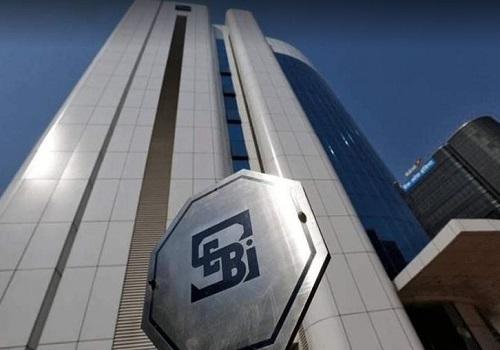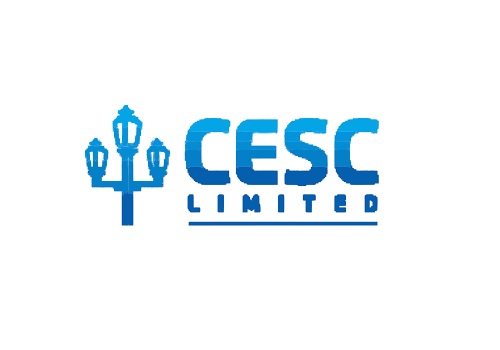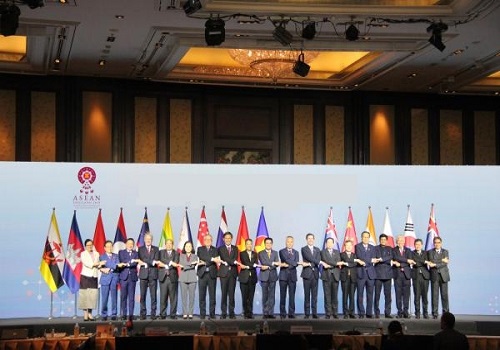Samsung likely to report losses in chip business amid global headwinds

Follow us Now on Telegram ! Get daily 10 - 12 important updates on Business, Finance and Investment. Join our Telegram Channel
Samsung Electronics is likely to report poor results in its chip business next month, analysts said, as the ongoing global economic challenges that have resulted in reduced consumer demand negatively affect the company's performance.
Samsung's Device Solution (DS) division, which oversees its chip business, is forecast to make its first financial loss in 14 years, according to analysts' estimates, as surplus chip inventory has been growing significantly amid tapering global demand.
The last time Samsung saw its backbone unit trade at a deficit was the first quarter of 2009, when the world was emerging from the 2008 financial crisis.
Samsung's operating profit for the January-March period was estimated at 1.23 trillion won ($944 million), a sharp drop from 14.1 trillion won from a year ago, according to data compiled by Yonhap Infomax, the financial arm of Yonhap News Agency.
If that figure stands, it would be the lowest quarterly profit since January 2009, when the tally was 593 billion won.
Most analysts blamed Samsung's weak semiconductor business for the significant fall in profit.
"The DS division's falling profits are primarily responsible" for the company's disappointing first-quarter performance, said Kim Kwang-jin, an analyst at Hanwha Investment & Securities.
He estimated the chip division's Q1 loss at 3.3 trillion won.
"As Samsung's major memory customers depleted their inventories more aggressively than expected, Samsung's DRAM and NAND flash shipments are forecast to decline 13 percent and 12 percent, respectively, compared with the previous quarter," he said.
Analyst Seo Seung-yeon from Shinyoung Securities estimated Samsung DS division's Q1 operating loss was even bigger, at 4.1 trillion won, due to a historically low season, along with sluggish demand and falling profitability amid an inventory correction.
Samsung repeatedly said there will be no "artificial" production reduction, while other global memory chip makers, including its smaller hometown rival SK hynix, have moved to scale back output and spending to cope with falling prices and oversupply.
The South Korean tech giant, however, has hinted that there could be a natural cut in production through a migration to more advanced process nodes, among other things.
"We will be flexible in executing infrastructure investment given volatile market conditions," Lee Jung-bae, President of Samsung's DS division, said at an annual shareholders meeting in Suwon, 34 kilometers south of Seoul.
Samsung forecast the global chip market will shrink 6 per cent on-year to reach $563 billion this year, due to a sharp drop in demand and warned of difficult conditions continuing throughout the year.
"We will intensify our efforts to have a more efficient product portfolio and more compatible manufacturing lines," he said.
The company will release its earnings guidance for the first quarter early next month.


